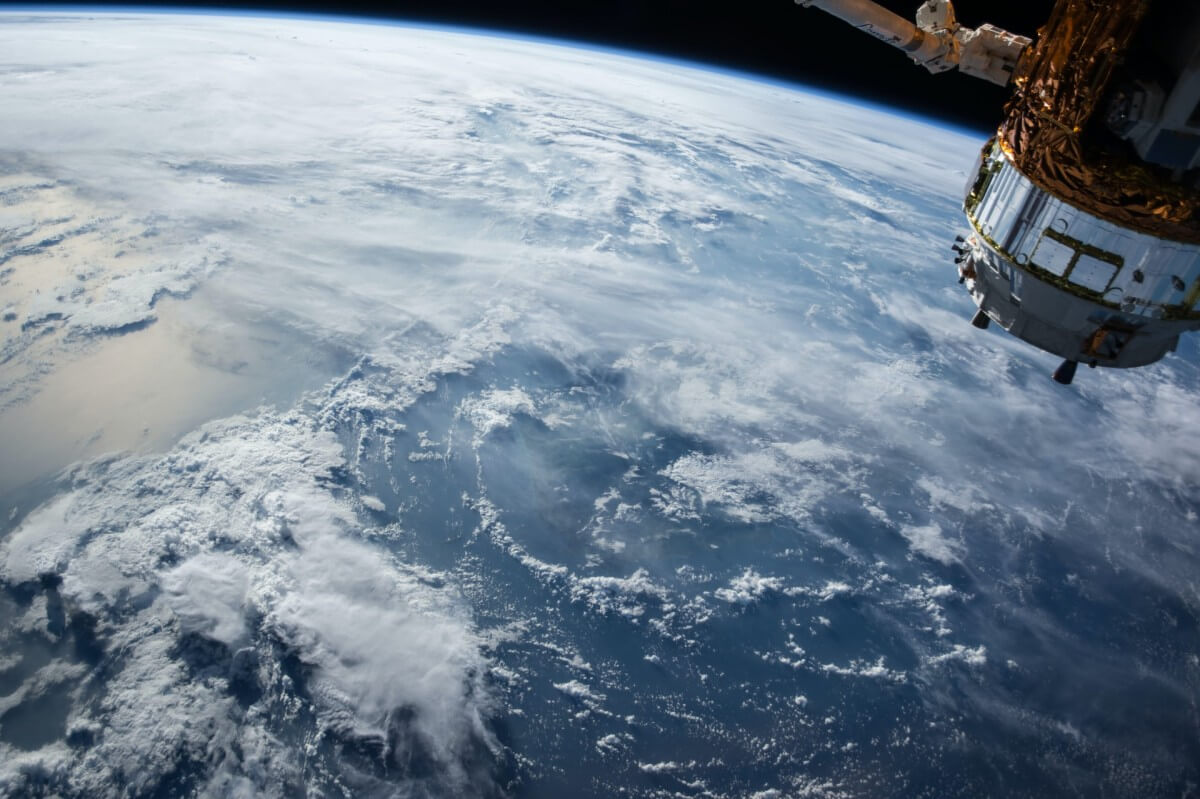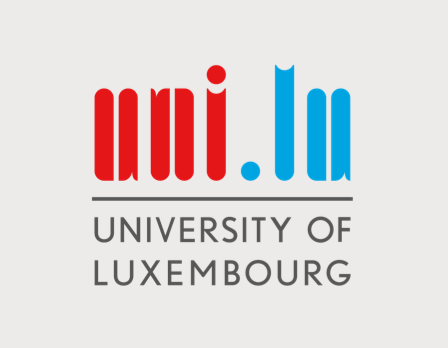This story is part of our “Universities the world needs” series which profiles universities that make an impact through their innovative research culture and curriculum.
Known as a global financial hub, Luxembourg is also leading the way in another fascinating industry: space technology. In fact, the country’s space sector GDP contribution is among the highest in Europe.
One of the programmes driving its vision as Europe’s space technology hub can be found at the University of Luxembourg.
Together with the Luxembourg Space Agency, the university offers a unique master’s programme: Interdisciplinary Space Master (ISM).
“Emerging new technologies and business models in the NewSpace sector have created a demand for professionals able to bridge engineering, science, business and finance,” said Peter Platzer, CEO of Spire Global who guest lectures for the ISM programme.
“Such cross-functional understanding, which is at the core of the ISM, will drive the most profound and lasting innovations. That’s why I know our alumni will be key players in the rapidly growing space industry ecosystem.”
Besides esteemed professors and research leaders, industry leaders are also brought in to share their expertise and guidance. This connects ISM students to NewSpace pioneers such as Platzer, whose satellite-powered data solutions company was among the first to launch small form-factor satellites into space.
Where technology meets business
Admitting 20 students every year, the ISM is a small, focused programme that provides a solid foundation to break into space research and the NewSpace (or commercial spaceflight) sector.

Source: University of Luxembourg
“From the first day as students, we were integrated within the space industry — from attending international space events in Luxembourg to local meetings at the university and having the chance of being taught by the best experts from all over the world,” said student, Natalia Stepanova.
This master’s programme is defined by a project-based learning approach and strong links with national stakeholders. It is guided by an interdisciplinary learning style, merging technical and business aspects in the study of space systems engineering, space informatics, entrepreneurship, and business management.
ISM students begin designing their own CubeSat mission from day one. Then, they build upon it as they learn to apply relevant design and technology methodologies over the two-year course.
Besides the rigorous, industry-focused course, ISM students are also privy to a host of facilities and services at a world-class higher learning institute.
At the University of Luxembourg, students are immersed in a rich, diverse, and balanced learning culture. They can pick up sports and art activities on campus, or take a free academic writing course in English, French, or German at the internationally-acclaimed language centre.
Whether or not they live on campus, students experience a high standard of living in one of Europe’s safest and most convenient cities.
How the University of Luxembourg breaks new frontiers
The University of Luxembourg students thrive in a highly-specialised environment where they interact with academic staff, join research activities, and network at an international level.

Source: University of Luxembourg
“The first academic year was intense, but the trainers were incredibly experienced and knowledgeable in their fields of expertise,” said ISM student Lari Cujko.
Cujko got to gain knowledge from experienced members of the Luxembourg Space Agency, as well as space firms and start-ups that “opened their doors to us and presented their R&D departments, both in theory and practice”.
ISM students participate in globally-competitive research at the university’s Interdisciplinary Centre for Security, Reliability and Trust (SnT), where space systems and resources is an important research pillar. Several esteemed scientists cut their teeth at SnT, which has launched over 70 EU and European Space Agency (ESA) projects since its creation in 2009.
The centre features 15 research groups, five of which conduct space-related research in Automation & Robotics; Computer Vision, Imaging and Machine Intelligence; Remote Sensing Applications; Signal Processing and Satellite Communications; and Space Robotics.
Whether they are simulating lunar conditions to test autonomous robots at the LunaLab or testing in-orbit robotics at the Zero-Gravity Lab, ISM students always have a finger on the pulse of new and emerging space technology.
Upon graduation, they either choose to pursue academia via a doctoral degree or go on to explore careers at national space agencies and private companies.
Beyond research and systems engineering, ISM graduates also land positions in consultancy, project management, data analysis and processing, as well as NewSpace entrepreneurship.
It’s clear that the sky is not the limit at the University of Luxembourg — quite literally.
Launch your career in space by applying on the official website before August 23.
Follow the University of Luxembourg on Facebook, Twitter, YouTube, Instagram and LinkedIn
Like this? Then you’ll love…
European-centric law degrees at the University of Luxembourg
7 things students can learn from NASA mathematician Katherine Johnson











